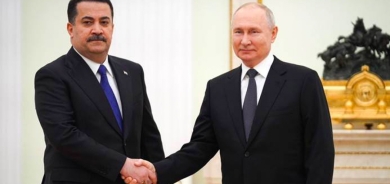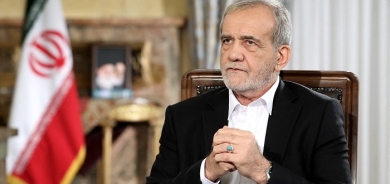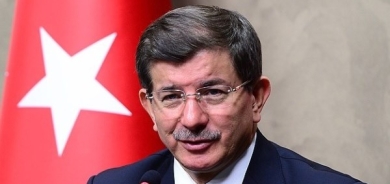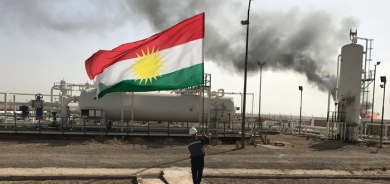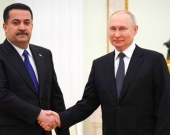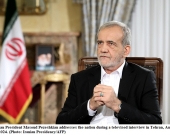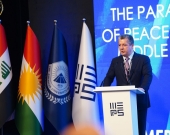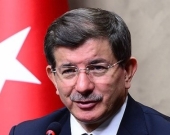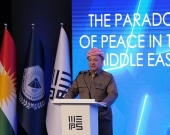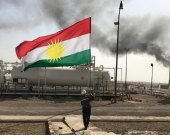Turks' raids on Kurds fuel civil war fears, could be swept up into wider conflicts in the Middle East

But there is a danger, too, that what has long been a largely internal battle in Turkey could be swept up into wider, more complex regional conflicts in the Middle East and Southwest Asia.
Some 40,000 people have been killed in Turkey since the Kurdistan Workers Party, known by the initials PKK, launched its armed struggle for an autonomous Kurdish state in southeastern Turkey.
The fighting died down a few years ago amid efforts to find a political settlement but it flared again in recent months and now seems close to exploding into a full-blown shooting war.
Pro-government newspapers in Turkey openly discuss a massive military assault to wipe out the PKK in the southeast and in the Iraqi Kurds' semiautonomous enclave in northeastern Iraq.
This time, the Americans may find themselves drawn into the conflict as Turkey launches air raids on PKK sanctuaries in Iraq and is expected to mount a major ground offensive, as it has in the past, if the Kurds keep up attacks on Turkish forces
The Islamist government of Turkish Prime Minister Recep Tayyip Erdogan could well be supported by U.S. Predator drones that are expected to be deployed on Turkish soil as the Americans withdraw from Iraq.
Indeed, Ankara's growing campaign against the PKK is becoming interlocked with a worsening revolution in Syria, Turkey's threat to use military force to stop Greek Cypriots and Israel from exploiting offshore natural gas fields in the eastern Mediterranean and deteriorating relations between Iran and the United States.
As U.S. troops move toward completing their withdrawal from Iraq by Dec. 31, Washington is having to increasingly depend on Turkey, which has the second largest military within NATO,www.ekurd.net to help support Iraq, moderate with Iran and pressure the beleaguered regime in strife-torn Syria.
Erdogan last week launched weeklong military maneuvers on Turkey's border with Syria, as it did in 1988 when the two neighbors almost went to war over Damascus' backing for the separatists of the PKK.
Erdogan, who wants to make Turkey the paramount power in the region, has allowed the Syrian National Council, the umbrella for the myriad opposition groups that have been seeking the downfall of the minority Alawite regime in Damascus since mid-March, to operate out of Istanbul.
Syria's intelligence services, a key pillar of the embattled regime of President Bashar al-Assad, have threatened to resume arms deliveries to the PKK unless Erdogan minds his own business.
Turkish authorities uncovered an arms cache in the southern Kurdish city of Diyarbakir on Oct. 3 that may have originated in Syria.
Damascus accuses the Turks of arming the Free Syrian Army and the Syria Free Officers Movement, two groups formed by soldiers who defected from the Syrian military to join the uprising in which the United Nations says more than 3,000 people, mainly civilians, have been killed.
These two groups, along with other dissident factions, operate from refugee camps on Turkey's border with Syria.
The regional upheaval is further complicated by Iran stepping up attacks on PJAK, the PKK's Iranian wing, which also has bases in Iraqi Kurdistan.
With the U.S. military pullout from Iraq, Washington's need for Erdogan's support will almost certainly intensify. The U.S. State Department has already branded the PKK a terrorist organization.
"I think Turkey has America's complete support regarding the PKK," says Soli Ozel, professor of international relations at Istanbul's Kadir Has University.
"The U.S. is so dependent on Turkish backing when it comes to Syria and Iraq, I don't think they'll think twice about writing off the PKK."
The Jamestown Foundation, a Washington think tank, cites regional analysts as saying Iran "is using PJAK and the PKK to militarize the border regions in case of an American attack."
That prospect may have gained traction from U.S. allegations that Iran's Revolutionary Guards were involved in a plot to assassinate the Saudi Arabian ambassador in Washington.
Tehran vehemently denies that and some analysts suspect the incident was fabricated by U.S. authorities to discredit Iran and pave the way for possible military action.

